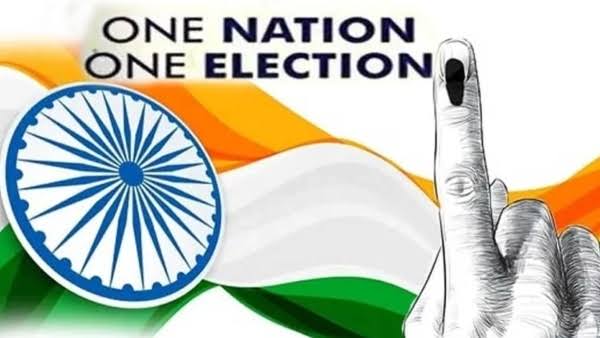National Desk
18 September
Sandeep Dhand Ludhiana
On Wednesday, the Modi government approved the report of the panel chaired by former President Ram Nath Kovind on the ‘One Nation, One Election’ proposal, paving the way for simultaneous parliamentary and assembly elections. A bill on this matter is expected to be introduced during the upcoming winter session of Parliament, marking a significant step in the Modi government’s 100-day agenda.

The concept of ‘One Nation, One Election’ suggests that elections for the Lok Sabha and state assemblies be held together across the country, reducing the frequency of elections and their associated costs. Prime Minister Narendra Modi has long advocated for a unified election schedule, emphasizing that frequent elections disrupt governance and burden the country with constant election cycles. He believes that this reform will streamline the democratic process and save resources.
In March this year, a high-level committee, led by Ram Nath Kovind, submitted its report recommending that the Election Commission of India (ECI), in collaboration with state election authorities, prepare a common voter list and issue a unified voter identity card. According to the committee, simultaneous elections would help preserve resources, improve efficiency, and remove administrative bottlenecks.
Despite the government’s push, the proposal has faced strong opposition. Several political parties, including Congress and Aam Aadmi Party (AAP), have voiced concerns, arguing that such a system could erode federalism and centralize power. They have accused the BJP of trying to impose President’s rule by canceling current electoral processes. Opposition leaders argue that the move is an attempt to manipulate the election calendar for political gain.
It is noteworthy that India held simultaneous elections for the Lok Sabha and state assemblies in 1951-52, 1962, and 1967. However, the practice was discontinued in subsequent years due to various political and logistical challenges.
